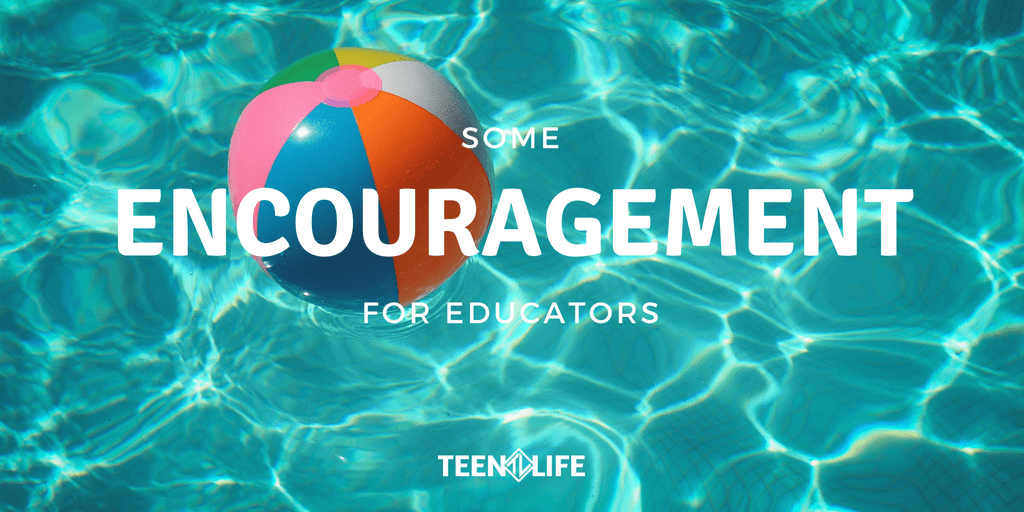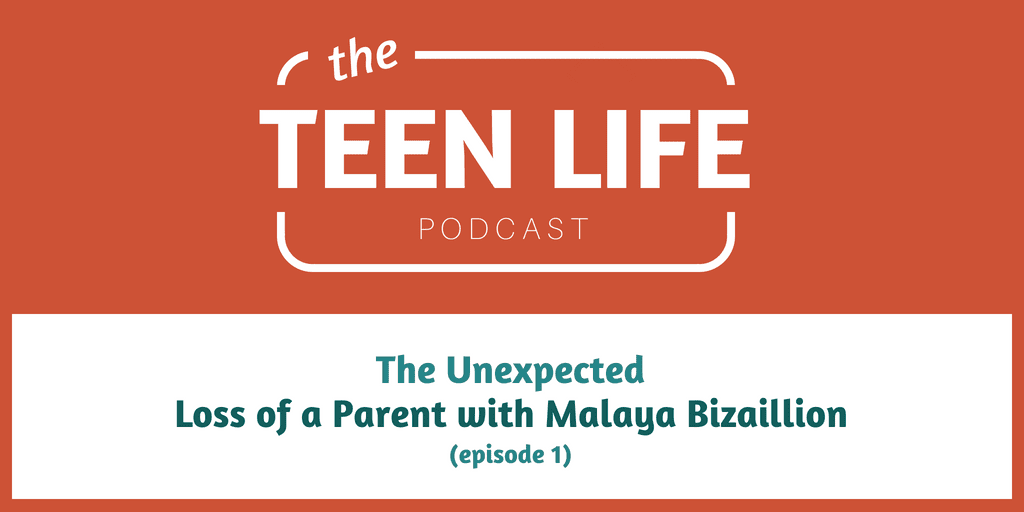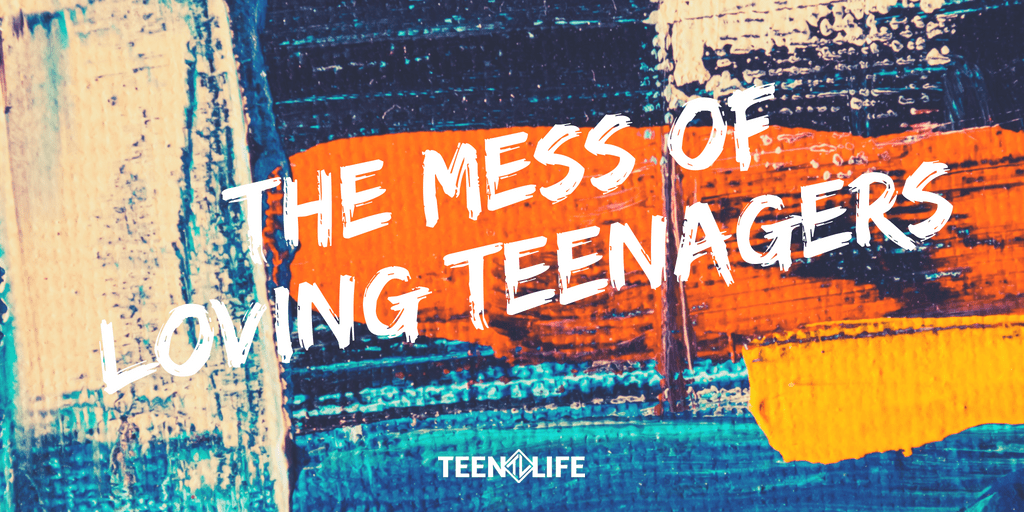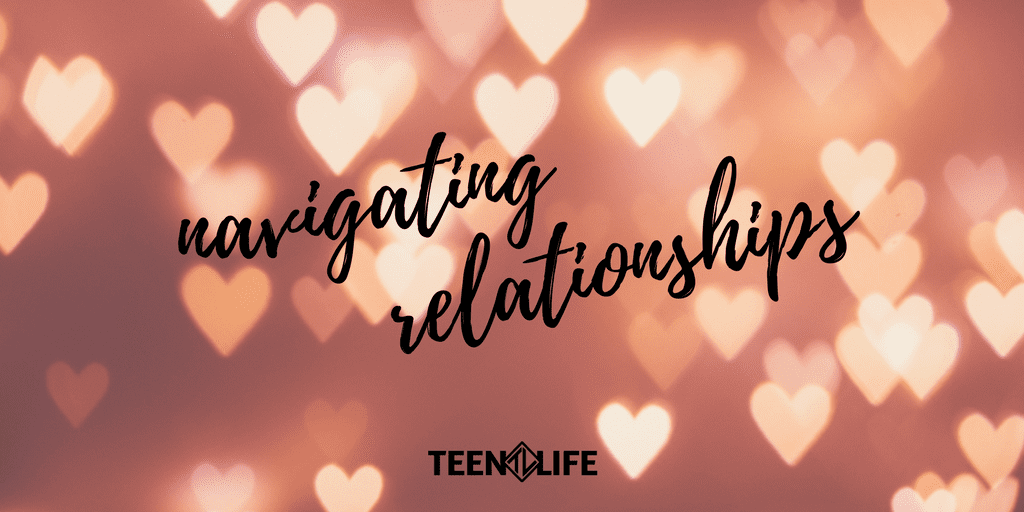
Some Encouragement for Educators
And for those tasked with the social/emotional health of students, things can become more complicated. In order for a child to learn, they need to have basic needs met, and one of those is safety. We sometimes view safety as shelter from physical harm, but it absolutely stretches into emotional and social safety. A child needs to know they will be supported and given the things they need in order to engage in any kind of learning process. Those counselors and interventionists are tasked with a big job – especially considering the pressures put on them to keep struggling kids in their classrooms.
As another summer looms large, let us remember the rest and rejuvenation ahead for our educators. The rigors of a school calendar can be draining and push people to the limit. In our religious tradition, we find the practice of Sabbath on a weekly basis to create intentional time to rest, rejuvenate, worship, and play. In the scriptures, we find examples of longer sabbaths where the people took a rest from their work for extended periods in order to let their communities rest.
The summer break was originally put in place to allow families to have their kids home on the farm for harvest, now it is just a way of life. But I believe it allows for a natural rest cycle to happen not only for the students, but for educators as well.
So if you are an educator reading this – take advantage of this time! Here are a few things to think about:
- Make a plan for your rest. Yeah, I know that seems counter-intuitive, but there is something about having some goals set to make you a better person on the other end of the break. What books do you want to read? Where do you want to go? What projects have been pushed aside? What Netflix needs to be consumed?
- Do you need to say “no” to anything this summer? Are other people trying to take time away from your break? Obviously say “yes” to the important things, but depending on what you need, you might have to say “no” every now and then.
- Ask yourself, “How do I want to be better after this break?” Do you want to create a new habit? Learn more about something new? Achieve a goal? Write that down and put it somewhere that you will see it.
- Stay off social media. Not much else to say here.
Educators – you have earned the break. Thank you for loving our kids and pouring so much into their development. Thank you for creating welcoming environments to an ever-diverse student body. Thank you for dealing with difficult parents, the bureaucracy of public schools, and the politics of this day and age.
Teen Life loves our local school friends! We will see you in August!

Chris Robey
Former CEO
Chris Robey | Former CEO
Chris has spent most of his career empowering teenagers from all backgrounds. As the former leader of Teen Life, he is passionate about helping students make good choices while also giving adults the tools they need to communicate more effectively with teens. Chris is a graduate of Midwestern State University and holds a Master’s Degree in Family Life Education from Lubbock Christian University.


















